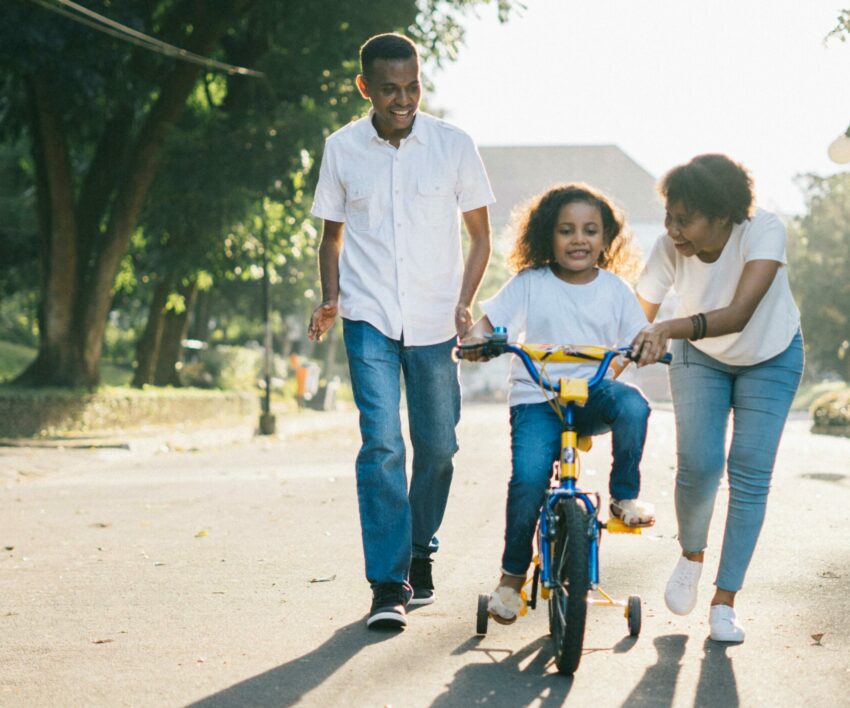
Parenting is often about understanding our kids’ needs, but what if a big part of it also lies in understanding our own? This self-awareness is called introspection and can be a game-changer in parenting, helping us manage stress, stay present, and respond more compassionately to our children.
Frontier for Young Minds explains that interoception is the process of sensing internal body signals, such as heartbeat, breathing, hunger, or the need to go to the loo. It is stated that the brain tracks these signals to maintain balance and keep the body functioning properly.
“Some signals, like pain, are transferred via a slightly different pathway than other signals, like heartbeat. However, the signals travel to similar parts of the brain. In the middle of the pathway, they pass through a part of the brain called the thalamus (part of the brain that receives signals from the body and passes the signals to different parts of the brain.)”
Furthermore, the publication states that the insula, an island-like part of the brain, responds to these signals and while homeostasis mostly operates outside conscious awareness, we can pay attention to internal signals consciously. Interoceptive accuracy and attention are two terms used to measure how well we feel and how often we notice these signals, claims Frontier for Young Minds.
The Happiful publication claims that interoception, first coined in 1906, is increasingly being recognised as a method to help children and adults. It is mentioned that training children in interoception has numerous benefits, including helping them recognise and understand their emotions, which can help them ground themselves and avoid panic attacks and social avoidance. “So, an important element is connecting the recognition of sensations with an accurate understanding of emotions. When they can work out how the inputs from their senses are making them feel, kids can then take steps to ground themselves, whether it’s by utilising breathwork or grounding exercises.”
Also see: Could your mental health state as a parent impact your child?




